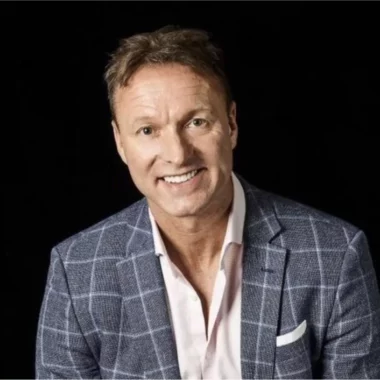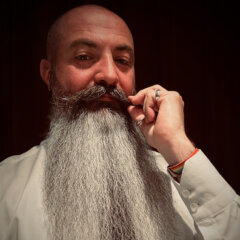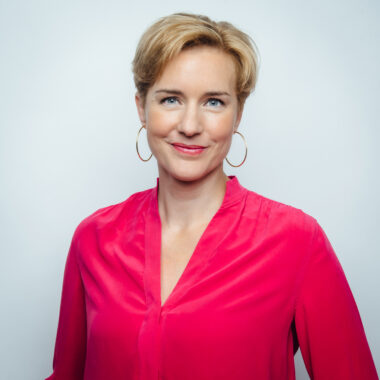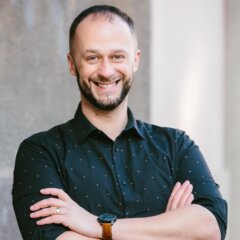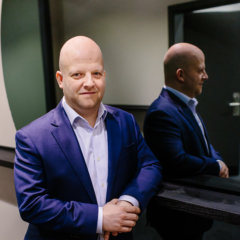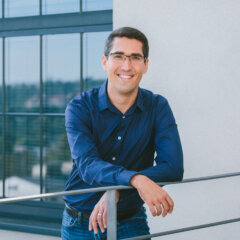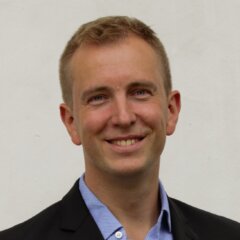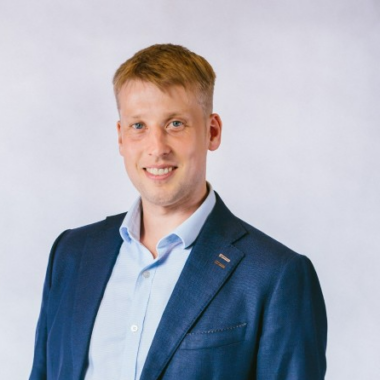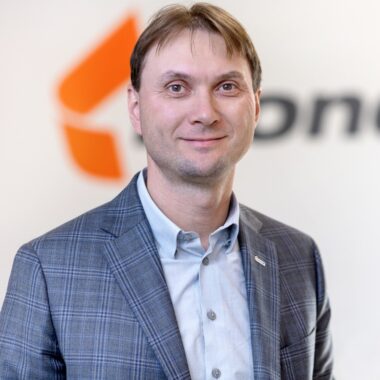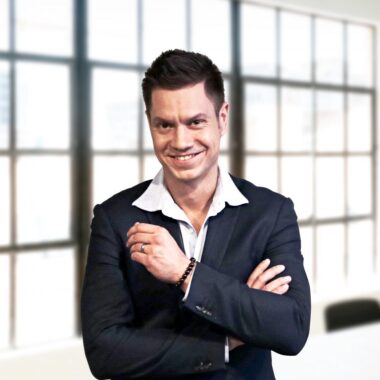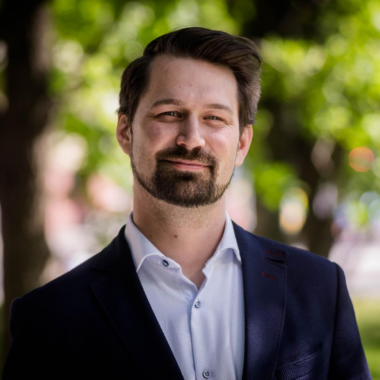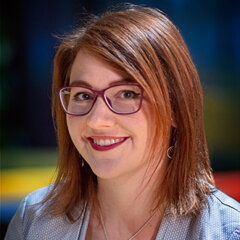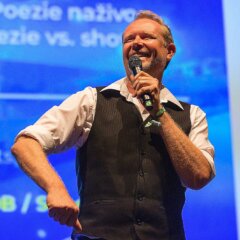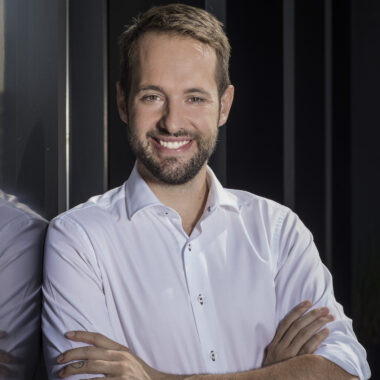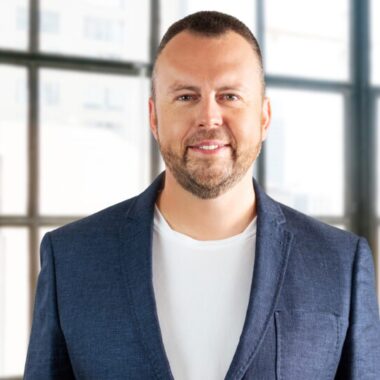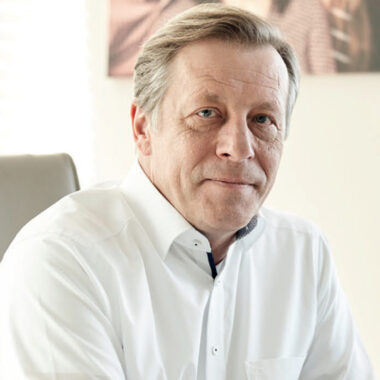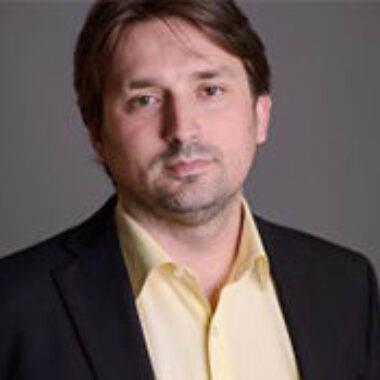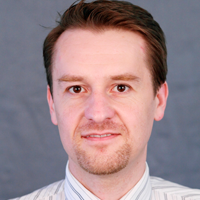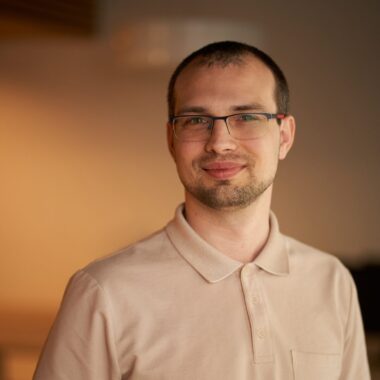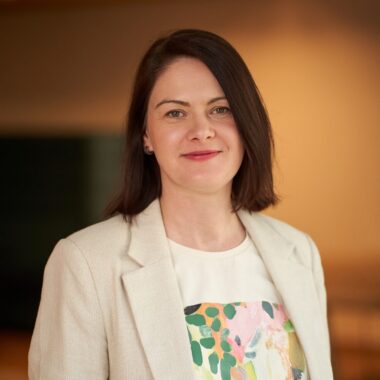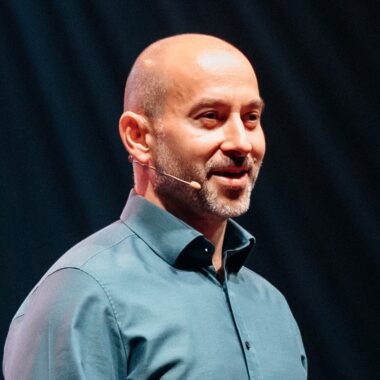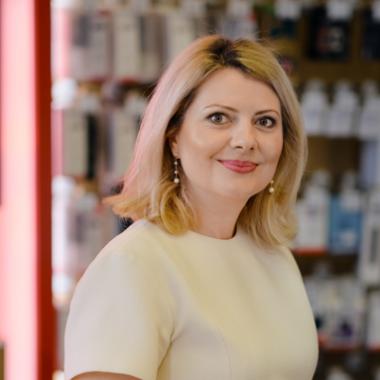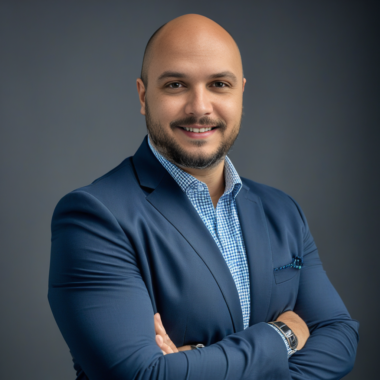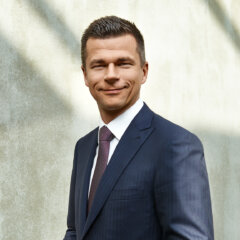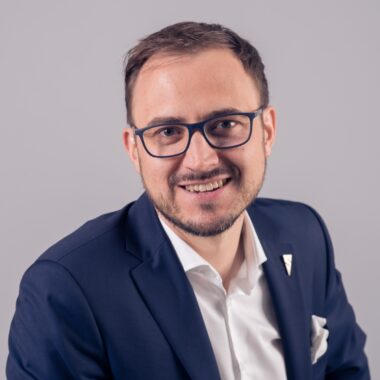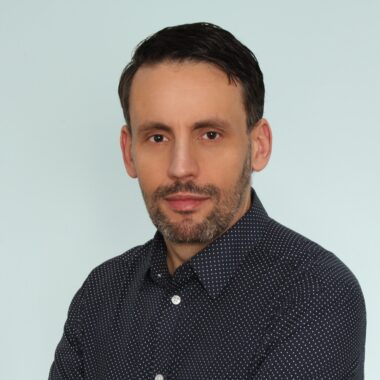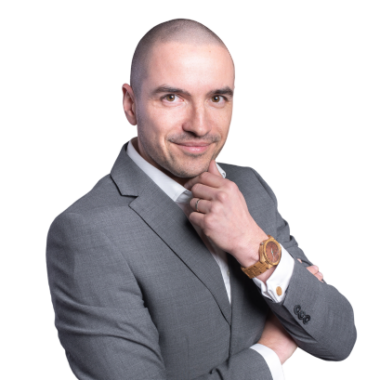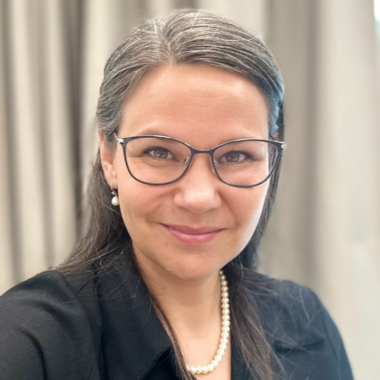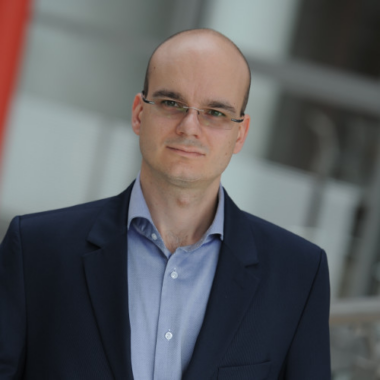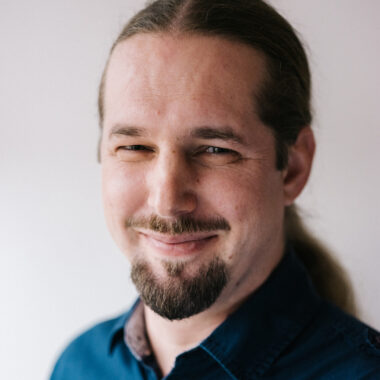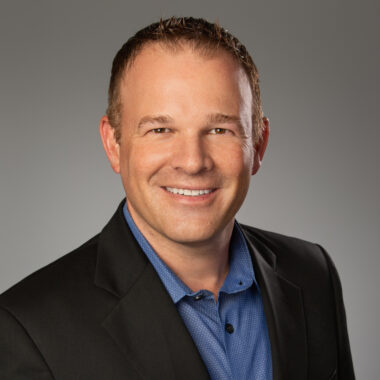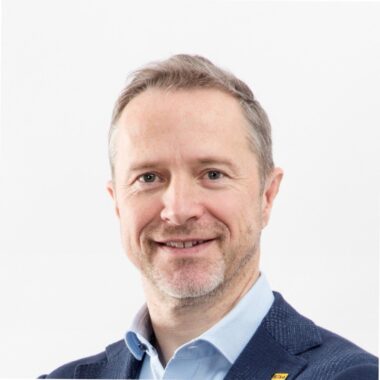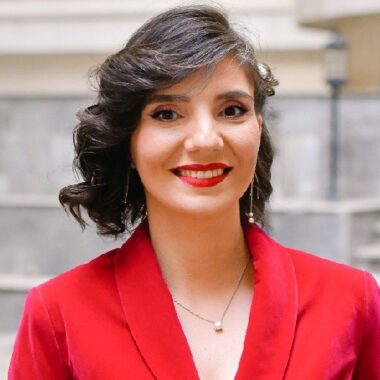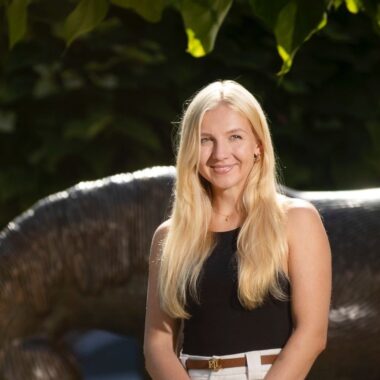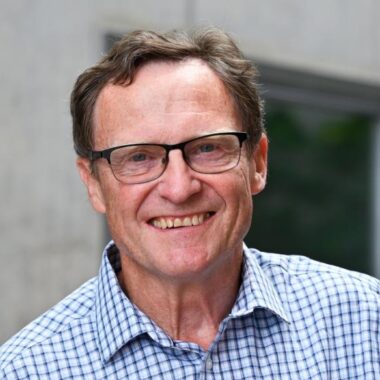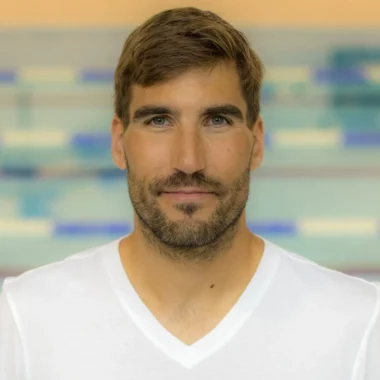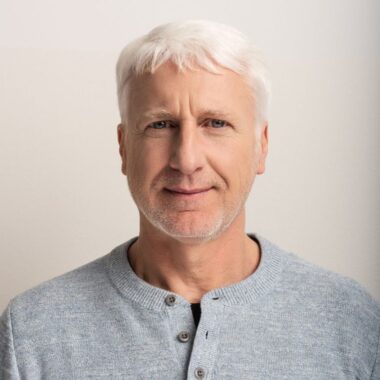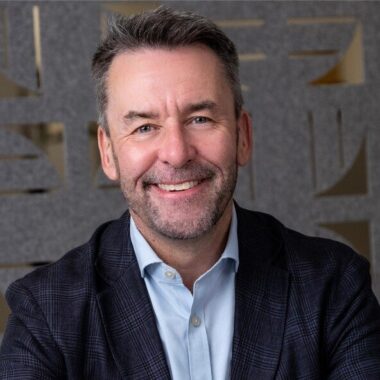
Mark Wild
Chief Executive Officer SGN
Mark Wild has more than 35 years of experience leading complex and critical infrastructure. An Engineer with Hons Bachelor’s Degree in Electrical and Electronic Engineering and Masters in Business Administration.
Mark started his career in the electricity sector, but the majority of his experience has been in transportation. He has had a long career in operating and building major transportation infrastructure.
Mark is the former Managing Director of Westinghouse Signals and was the CEO of Public Transport Victoria. Mark is the former Managing Director of London Underground and the former CEO of Crossrail, Europe’s largest infrastructure programme. Mark took up the role of CEO for SGN, one of the UK’s largest gas distribution networks in August last year.
Annotation
Megaproject delivery inspired by F1
This workshop will show you how to succeed by deploying the optimal delivery ecosystem on a multi-billion dollar project. The workshop follows the talk on changing the approach on the Crossrail project (at the time the largest construction project in Europe) in which Rob and Mark share their experience, explain what went wrong and what they had to change to successfully relaunch the project. Drawing on their knowledge from this and other large projects, and studying the techniques used in Formula 1 racing, they eventually developed a new approach to deliver all types of large and complex projects.
The workshop focuses on the framework and gives more space for discussion.
Next Generation Delivery: How a new way of thinking helped recover Crossrail?
It’s not uncommon to hear about major, complex programmes that are overrunning and overspending, despite being led by experienced individuals with programme management certifications. The traditional approach to programme delivery has remained largely unchanged since the space race, so it begs the question: is it time to explore a different approach?
In this presentation, we will share our experience and failures in delivering one of the world’s largest engineering programmes, Crossrail. We will delve into what went wrong and how we pivoted to recover the programme. Drawing from our learnings from this and other large programmes, as well as studying the techniques used in Formula 1 racing, we have developed a new approach to delivering all types of large, complex programmes.

